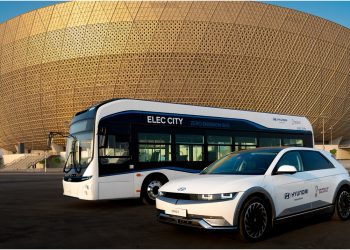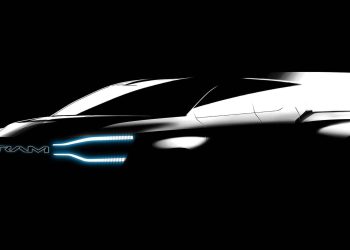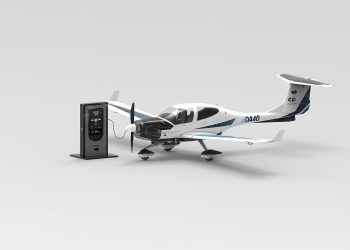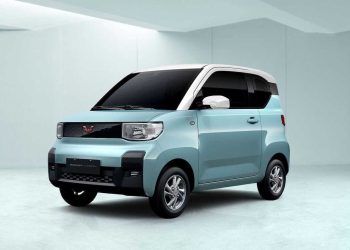Toyota, along with Hyundai, is one of the car manufacturers that is betting the most on hydrogen and the Japanese brand already has fuel cell vehicles in their portfolio and in markets. Now they have unveiled a compact fuel cell module.
According to Toyota, the structure of the FC (Fuel Cell) module is of contained dimensions and has been conceived for a wide range of applications. For example, vehicles, such as trucks and buses, as well as trains or ships, as well as for stationary generators. Its commercialization will begin this spring.
The FC module is designed based on the technology that Toyota applies to their hydrogen vehicles. They use technology from the Mirai or their fuel cell trucks and buses into this zero-emission power unit.
This compact type module manages the supply of air, hydrogen itself, as well as cooling and energy control.
It may also interest you: Michelin designed exclusive tires for electric cars
There will be two models available: one vertical (Type I), 89 cm long by 63 cm wide and 69 high; and another horizontal (Type II) 1.27 m long by 63 cm wide and 41 cm high. Their weight will be 250 kg and 240 kg respectively.
Power and safety
In addition, each of these fuel cell modules will be offered with two power ratings: 60 kW and 80 kW, with a voltage between 400 and 750 watts. Although the firm points out that these values could undergo changes in these fuel cell units in their final version that will begin to be sold in the coming weeks.
This FC module can be connected to any electrical device equipped with a motor, inverter or battery thanks to its built-in FC voltage converter.
In terms of safety, Toyota assures that this unit, like the technology that equip their vehicles, is designed to prevent hydrogen leaks and in the unlikely event that one occurs, the unit detects and neutralizes it immediately.
Information: Toyota











